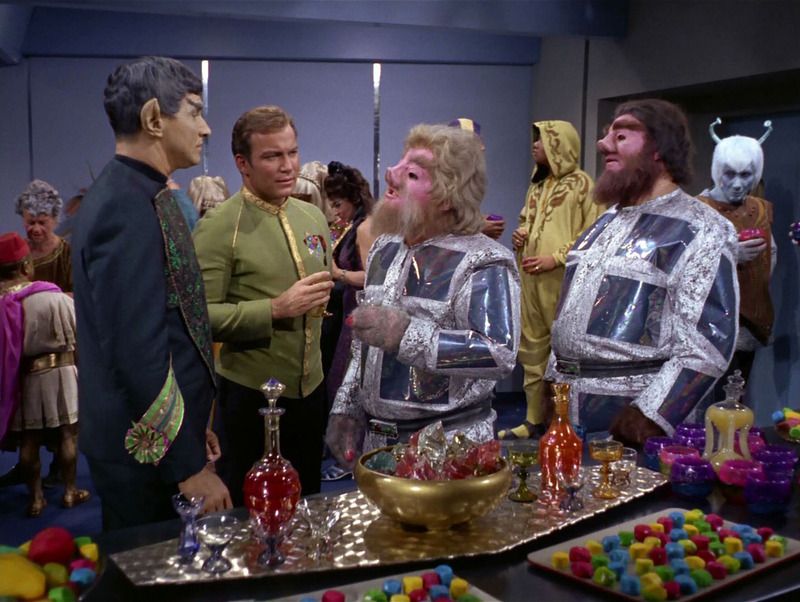To be fair, the Federation wasn't not part of Star Trek's original concept. It was added in the latter half of the first season, IIRC. Prior to that the Enterprise was presented as and Earth ship working for Earth's government. Spock was presented as being unusual, an alien in Earth's service. Once they introduced the idea of the Federation, everything changed ( sort of). The Enterprise is now a ship in the service of a multi species Federation and Spock is the son of a prominent diplomat in that Federation. How unified that confederation is depends on the plot though. They're tight enough to have a diplomatic corps and unified military but at times see semi-independent.All those Enterprise plots may be considered canon now by Star Trek fans and Star Trek writers, but they weren't part of the original Star Trek program's premise. To the contrary, they were created and influenced by writers of Generation-era Trek, with its different conception of the Federation.
I think episodes like Journey to Babel shows the true diversity of the Federation. And if the budget allowed they'd do it in every episode. It also shows Earth as being just another member. In fact it's pretty much irrelevant to the Coridan problem. Vulcan seems to hold more sway.


